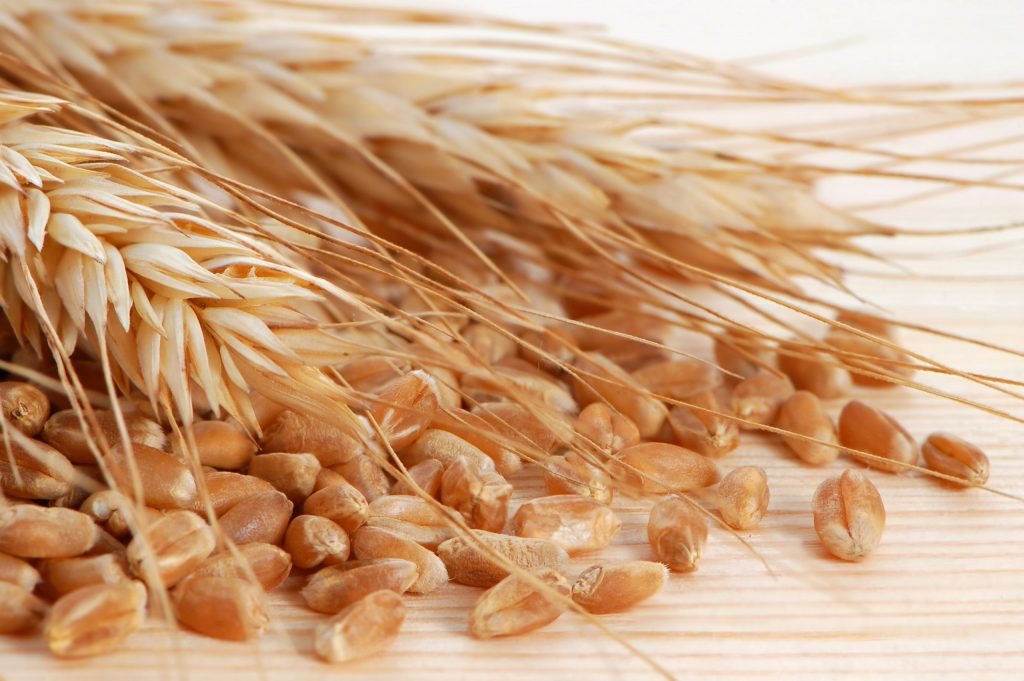Latvia increased grain imports from russia by 60% in 2023

Grain and food products are not subject to European sanctions against russia, and despite political pressure, Latvian businessmen continue to work with russian goods.
Last year, Latvia imported 423,732 tons of grain and grain products from russia, which is 59.9% more than in 2022, when 265,056 tons were imported, according to the State Revenue Service (SRS). The total value of grain imported from russia reached 89.008 million euros.
Last year, Ukraine imported 294,844 tons of corn, 53,243 tons of rye, 74,640 tons of wheat and a mixture of wheat and rye, 986 tons of triticale, and 20 tons of barley.
Compared to 2022, imports of corn doubled, rye increased by 61.5%, wheat and wheat/rye mixtures by 10.2%, and triticale by 87.9%. Barley was not imported in 2022.
SDD representatives explained that goods that have been imported or released into free circulation acquire the status of European Union goods and circulate freely in the EU. They can be consumed in Latvia or transported to another EU member state without going through customs procedures.
At the same time, the Customs Administration of the SRS does not have information on grain actually consumed in Latvia or shipped to other EU member states after being released into free circulation.
The data also shows that last year 2.137 million tons of grain products were transported in transit from russia through Latvia, which is 2.2 times more than in 2022, when 981,517 tons of grain were transported through Latvia.
This includes 1.68 million tons of wheat and wheat/rye mix, 289,168 tons of corn, 109,609 tons of barley, 51,067 tons of rye, 4,330 tons of triticale, 2,136 tons of oats, 878 tons of rice, and 157 tons of grain.
Compared to 2022, last year the transit of wheat and wheat-rye mixture increased by 2.2 times, corn – by 86.7%, rye – by 27.2%, and grain sorghum – by 2%. Last year, triticale was transported 72.7% less than in 2022, and rice – by 29.9%.
At the same time, the volume of barley and oats transit increased significantly: 150 tons of barley in 2022 compared to 109,609 tons last year, and oats – 10 times more.
Earlier, the ruling coalition agreed to impose a ban on imports of russian and belarusian grain to Latvia. At the same time, Finance Minister Arvils Aseradens admitted that Riga cannot ban grain transit, as this decision would be illegal in this situation.
Latvia also intends to withhold state support from companies and representatives of the agricultural sector that have purchased and used grain from russia in their production. This restriction applies to support mechanisms that have been paid since January 1 of this year.
The Saeima has also begun to consider an initiative to ensure that all payments to jurisdictions on the blacklist or sanctions lists, including russia, are subject to a 90% tax.
Latvian politicians are also discussing other options to reduce the cooperation of Latvian companies with russia and belarus, including the systematic publication of a list of companies. “Public exposure is the most effective way to leave a mark on a reputation,” said MP Maris Kucinskis.
Read also
Wheat in Southern Brazil Impacted by Dry Weather and Frosts
Oilseed Industry. Leaders and Strategies in the Times of a Great Change
Black Sea & Danube Region: Oilseed and Vegoil Markets Within Ongoing Transfor...
Serbia. The drought will cause extremely high losses for farmers this year
2023/24 Safrinha Corn in Brazil 91% Harvested
Write to us
Our manager will contact you soon



